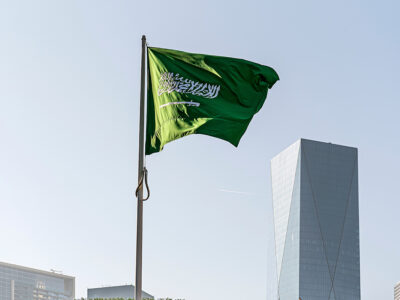Investing in corporate bonds could be a lucrative business in 2009.
The relatively new Islamic-friendly sukuk version of bonds, where yields are typically promised as a basis point increment above bank lending rates, have been a safe haven for several years within the GCC.
They work like this: a company wants to raise money to fund ongoing operations or expansion. It sells stakes in a sukuk so that several investors can be bought together to effectively lend the money on a fixed rate of return over a fixed term.
Over the life of the sukuk, interest (or profit rate in Islamic parlance) is paid to the investor, and at the end of the term the capital is repaid in full.
For example, if an investor bought one million dollar’s worth of a five-year sukuk, he would receive perhaps 5 percent profit per year over the five years, and would then get the full one million dollars back at the end of the term.
The only risk with sukuks is that the company that issues them runs into so much financial trouble that it is unable to pay back the capital at the end of the term, a situation that will often trigger bankruptcy if the company is not already insolvent.
Sukuks are traded in the same way as shares, so strong demand can push up their value above their initial price, and weak demand can push them down. Typically, as the end of a term approaches, the price will return to its starting point because the issuer repays sukuk holders on a one-for-one basis.
If a sukuk is trading well below its initial price, and the end of its term is approaching, there is considerable opportunity to profit from the spread.
This is the case with several sukuks for large Dubai companies following a rout in October last year.
For example, Nakheel has a $3.52 billion sukuk, the largest ever issued, that will be repaid in December this year. But the price of that sukuk is currently 13 percent below its price when it matures.
An investor can therefore buy now with the promise that his investment will be repaid by Nakheel at a 13 percent premium in just 11 months time. That’s a 14.1 percent annual return dependent only on Nakheel honouring the terms of its bond issue.
A second Nakheel sukuk for $750 million, which matures in January 2011, can currently be bought at a 40 percent discount, netting a profit of 20 percent per year if it is bought today and held for two years.
These bargains are backed by a company that went on the record last autumn to assure investors that it will have do difficulties repaying the debt.
The company’s CEO Chris O’Donnell told newspapers in October: “We have included sukuk repayment amount in our forward cash flows so we don’t expect any problems in repaying the debt.”
His remarks came at a time when investors were spooked by the credit crunch, and were driving the price of the $3.52 billion down to a low of $77 in early November.
Since then, the Dubai and Abu Dhabi governments have demonstrated a willingness to support both the banking and real estate industries through the current crisis, which partly explains why Nakheel’s sukuk prices have risen since November.
But there is still value in the company’s debt for those willing to bet on its future today.
* This article is for general interest and should not be taken as investment advice.







